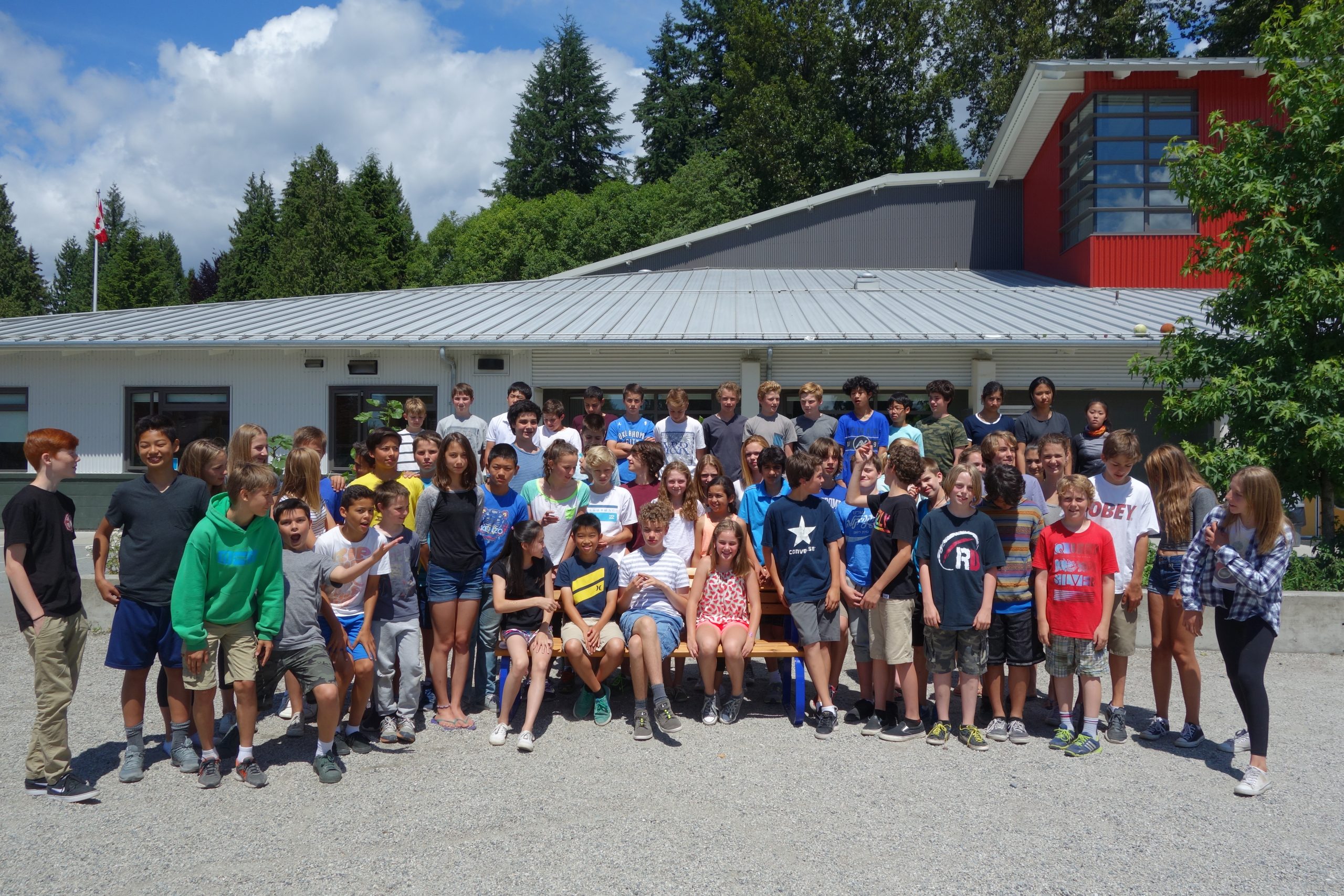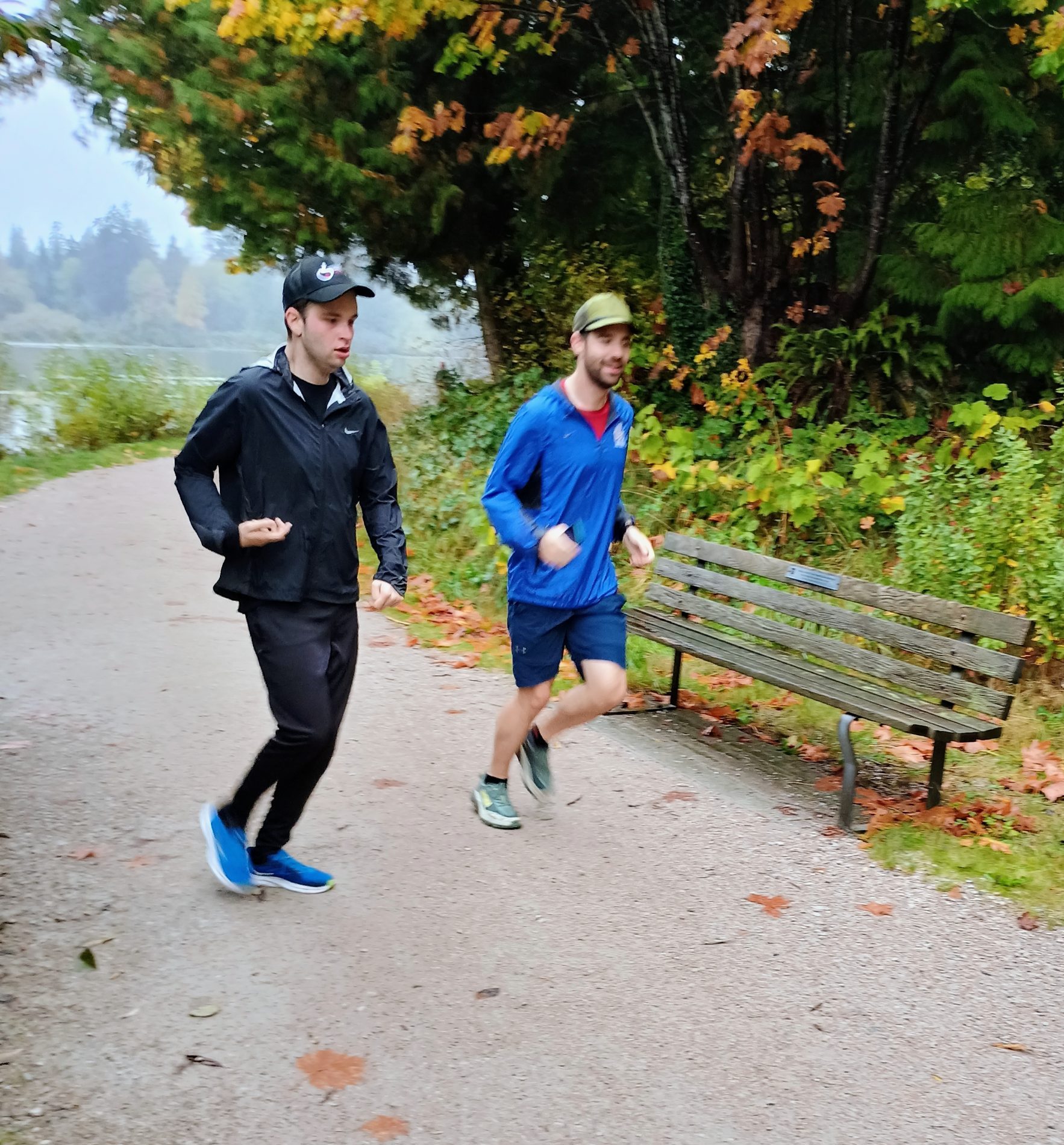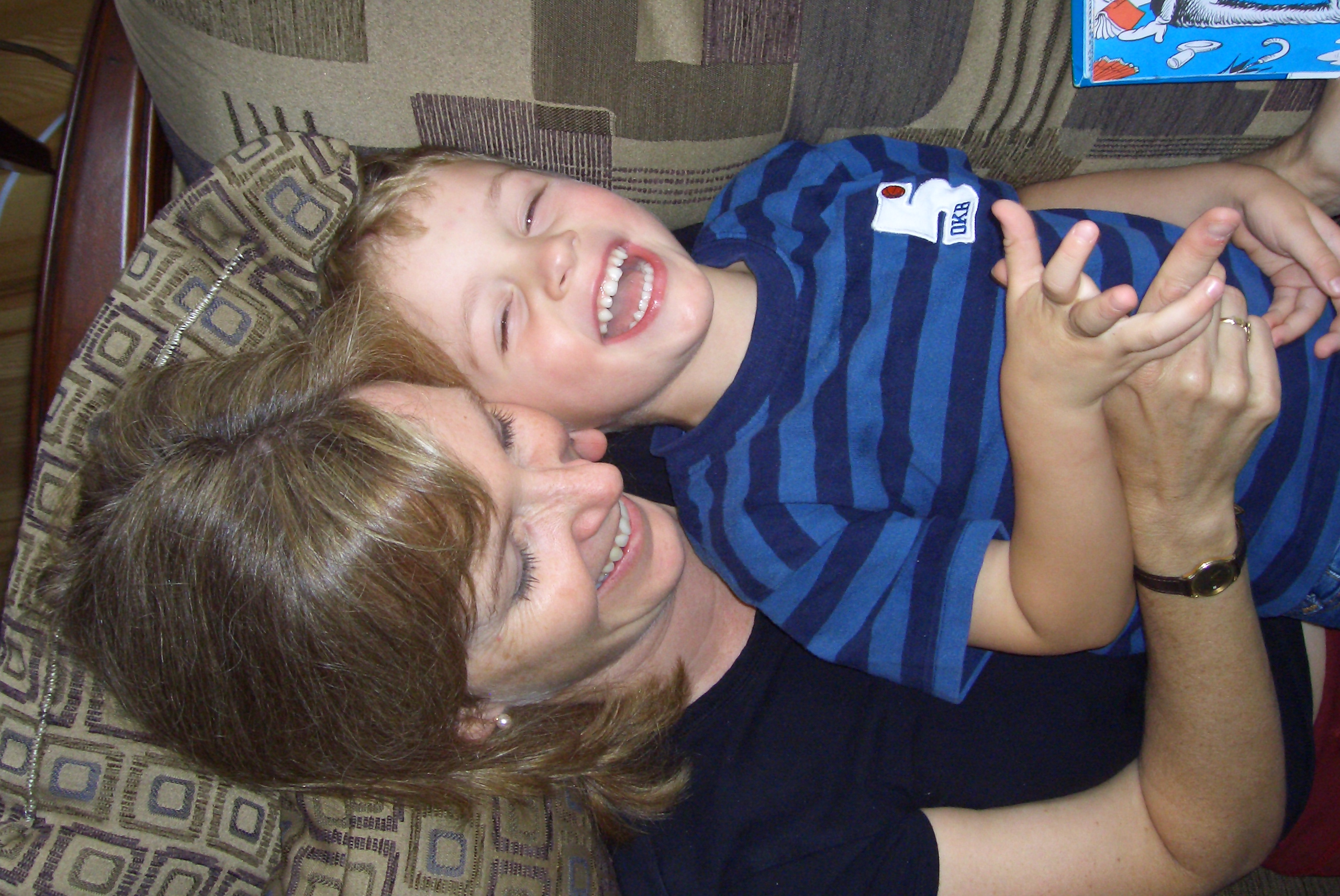(Content warning: this post discusses unnatural death)
Last week was full of horrendous news stories in my part of Canada—widespread classroom exclusion of diverse learners—details about the starving death of a woman with Down syndrome housed in a private home funded and overseen by the provincial agency that will one day support Ges. And questions raised about whether a personal relationship at senior levels impacted the opaque funding decisions of this same provincial organization.
How can I have hope he’ll be looked after when I’m no longer around to supervise, guide and love? Others have moved on, but Ges and I stay in a Grade Two world. He is never going to make adult choices. He will not say, “Mom, I want to go to college.” He will not survive without daily support.
Stories like the ones this week fuel my darkest imaginings. In this negative state, I ask myself why neighbours, friends, and other staff didn’t notice Ms. Girard’s emaciation or her lack of visibility outside her house. Why don’t other moms speak up when their child’s classmate is absent?
I don’t want to talk about British Columbia mom Angie Robinson and her 16-year-old autistic son Robbie, whose 2014 murder-suicide felt like her only solution in the face of long days of isolation that stretched to infinity. I don’t want to feel sad for the family of 17-year-old Traevon Desjarlais whose suicide in 2020 while in a group home wasn’t discovered until four days after he was reported missing.
But I do.
I do, because as much as it’s tempting to blame the government agencies charged with caring for these individuals, that’s not good enough. Our tax dollars fund these public agencies. We expect them to hire good people and supervise them and their care of people who can’t do that for themselves. And we think that’s good enough…we absolve ourselves of community responsibility to watch out for these people in our neighbourhoods and take an interest in their lives. Yes, these organizations need to improve, but the rest of us could too.
We forget about them. We forget about them until there’s some heart-breaking story of abuse, neglect, and mismanagement. And then we rage for a few days. And then they’re invisible to us again. But what if we noticed the Traevon Desjarlaises more? Said hello regularly. Took over some cookies or knocked on their door if you hadn’t seen them for a while. Ask if everything’s okay. Notice them at work; take a moment to tell their employer you’re happy to see them in your community.
I know I’m fortunate. I have oodles of support, a loving husband, an education, and skills that make me effective at navigating bureaucracies. The staff supporting Ges now are wonderful. It wasn’t like that for Angie Robinson who had to drive 150 km each way in winter conditions to access respite care as she extricated herself from an abusive relationship.
But it’s still hard, so I will admit that there’ve been too many days when the monotony and constancy of Ges’s needs yank my anchor of maternal focus, releasing untethered, negative thoughts. The smallness of his life and the sameness of our days can suck my ability to tread water in the peace of today—this moment. I am pulled into yesterday, making before and after comparisons to punish myself. I might even tell myself some choices I made caused Ges’s disabilities.
It’s a familiar pit of fatigue and despair. I worry about his future. But I lift myself with the knowledge that Ges has a community around him. His neighbours and friends, current and past, notice him at our local gym. They say hi on the street or at his produce clerking job. They may even have told his employer how happy they are to see him there. They are happy to hear good news about him. Those are the people he needs.
The Geses of the world need us that much more, and we need to hear their stories. I think if we inform ourselves and lift the veil on the realities of the lives of our neighbours and community members with disabilities, we’ll all benefit.
image: a young man uses voice output software on his phone to communicate while a woman and man look on with interest





Carmen, thank you for continuing to write about Ges and putting a spotlight on issues that so many people are facing. You are teaching all of us to open our eyes and see what we can do to make a difference. Ges is a wonderful young man who has brought so much joy into our lives and the lives of everyone he meets. Keep doing what you’re doing, you are creating the change that is needed.
Thank you. Simple, small acts can make such a difference. I remember being in the hallways of our local children’s hospital. Two-year-old Ges was laid out on a gurney; he’d just been put to sleep for a brain mri. I was outwardly calm, but inwardly completely freaked out. Watching him go under wasn’t like going to sleep, it was like I saw his death. A nurse came by, smiled at me-really smiled at me with her eyes–and touched his curls. “Gorgeous,” she said. I’ve never forgotten it.
Hi Carmen,
Wow – a lot to think about packed into this very well-written, heart-felt post. You’re right – we do forget about “them” until it’s brought to our attention. And I think we forget about their caregivers too❤️ It’s a lot. I appreciate your sharing your candid experience, I can feel your challenges. I know I would feel the same. It also reminds me that we need be more aware and to do more when it comes to our neighbours and community.
Looking forward to seeing you on Zoom tomorrow. And looking forward to scheduling a walk with you very soon!
Xoxo
Karen
p.s. I copied your regular email just in case this reply to blog email doesn’t work.